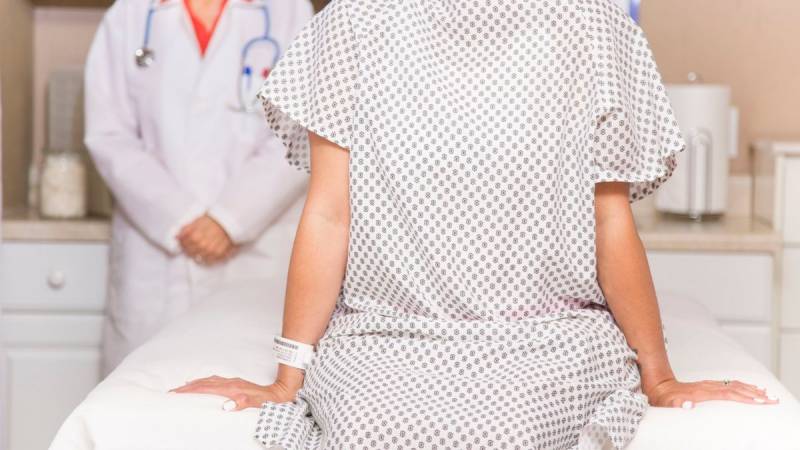Women aged over 30 may be at greater risk for cervical cancer, as more than half of cervical cancer cases in the UK each year are diagnosed in women under the age of 45. What are the early signs of the disease?
Cervical cancer is a cancer that's found anywhere in the cervix - the opening between the vagina and the womb (uterus). Worldwide, cervical cancer is the fourth most frequent cancer in women with an estimated 604,000 new cases in 2020. According to Cancer.net, it is most often diagnosed between the ages of 35 and 44. The rate of new cases of cervical cancer was 7.8 per 100,000 women a year, while the death rate was 2.2 per 100,000 women. These statistics highlight the importance of spotting the early signs before the cancer advances.
Almost all cervical cancers are caused by human papillomavirus (HPV). HPV is a common virus that can be passed from one person to another during sex. According to the Centers for Disease Control and Prevention (CDC), there are many types of HPV.
Some HPV types can cause changes on a woman's cervix that can lead to cancer over time, while other types can cause genital or skin warts.
Common symptoms of cervical cancer include:
- Abnormal vaginal bleeding
- An unusual discharge from the vagina
- Pain during sex
- Pain in the pelvic region.
According to Moffit Cancer Centre, there are five other important warning signs of cervical cancer that very few women recognise as possible cancer symptoms.
These are:
- Itching or burning sensations in the vagina
- Low back or abdominal pain
- Unexplained fatigue
- Frequent or urgent urination
- Abdominal bloating.
How to reduce your risk of developing cervical cancer
Practicing safer sex by using condoms will help to reduce a woman’s risk of getting HPV and passing it on. There are now vaccines to prevent HPV infection, which are offered to all girls aged 12 or 13 in the UK at school.
These vaccines protect against the types of HPV that are most likely to cause cervical cancer. If you suspect you may be at risk of cervical cancer, it's important to speak to your GP or sexual health clinic for further testing.




